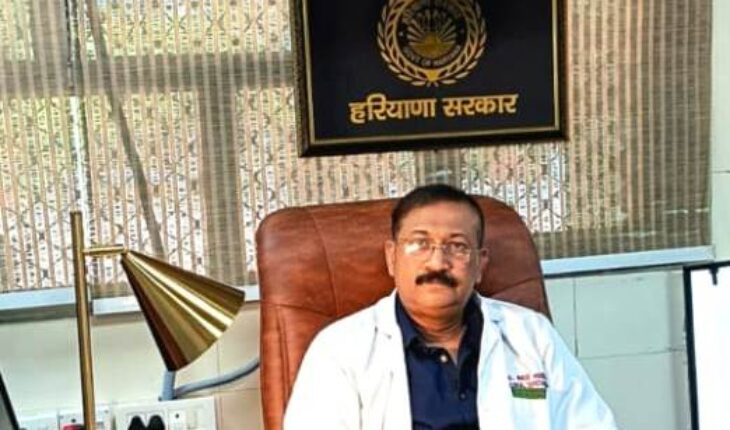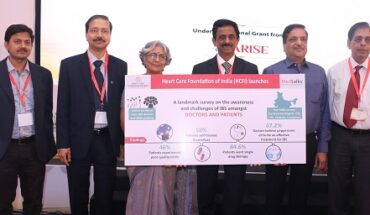In a landmark move aimed at transforming the healthcare landscape of the state, the Haryana government has announced that dialysis services, along with all required medications and injectables, will now be provided free of cost to all residents, regardless of socioeconomic status. This bold initiative underscores the government’s unwavering commitment to delivering high-quality, accessible healthcare to every citizen.
Civil Hospital Jagadhri, a pivotal institution under the aegis of the Haryana state government, has been at the forefront of this endeavour. Since 2020, dialysis services at the hospital have operated under a Public-Private Partnership (PPP) model, offering life-saving treatments to key groups such as Below Poverty Line (BPL) families, Haryana government employees, persons with disabilities, and Ayushman Bharat beneficiaries. While these groups previously benefited from free dialysis sessions, others were left facing significant out-of-pocket expenses.
The recent policy overhaul by the Haryana government, which extends free dialysis to all residents and covers not just the procedure but also all necessary medications and injectables, represents a major leap forward in healthcare equity. By eliminating financial barriers to essential treatment, this initiative directly addresses the issue of medical impoverishment, which has long weighed heavily on families across the state.
With Civil Hospital Jagadhri currently conducting approximately 800 dialysis sessions each month for around 80 patients, this enhanced accessibility will undoubtedly ease the burden on countless households. The comprehensive nature of this policy ensures that patients are fully supported throughout their treatment journey, without being overwhelmed by the costs of essential medical supplies.
In addition to this landmark reform, Civil Hospital Jagadhri has undergone a series of infrastructural and administrative improvements, guided by the leadership of Medical Superintendent Dr. Anuj Mangla. A key achievement has been the establishment of a Police Post within the hospital premises, a measure that enhances the safety and security of both healthcare workers and patients. Implemented in compliance with Supreme Court directives, this initiative underscores the government’s commitment to maintaining a safe environment in healthcare institutions.
Dr.Mangla has also been instrumental in addressing the logistical needs of hospital staff, including the creation of a dedicated parking area for employees. This facility, though simple, is a crucial component of the hospital’s efforts to improve the working environment for its healthcare personnel, ensuring they can focus on providing care without worrying about practical concerns.
These developments at Civil Hospital Jagadhri are emblematic of the broader strides being made across Haryana’s public health sector. By combining state-level policy innovations with localized improvements in hospital infrastructure and management, the Haryana government is setting new standards for public healthcare.
As the state’s healthcare ecosystem continues to evolve, the expansion of free dialysis services stands as a testament to Haryana’s dedication to building a healthcare system that leaves no one behind. With leaders like Dr.Mangla at the helm of key institutions, the future of public health in the state is undoubtedly on a path to further excellence and accessibility.
This landmark initiative by the Haryana government not only brings immediate relief to thousands of patients but also reinforces the state’s vision for a healthcare system that is both compassionate and equitable. The synergy between state policy and local healthcare delivery, as seen at Civil Hospital Jagadhri, offers a powerful model for other regions to emulate as they seek to advance public health for all.





